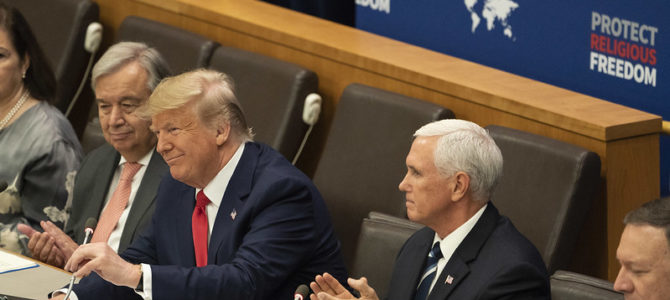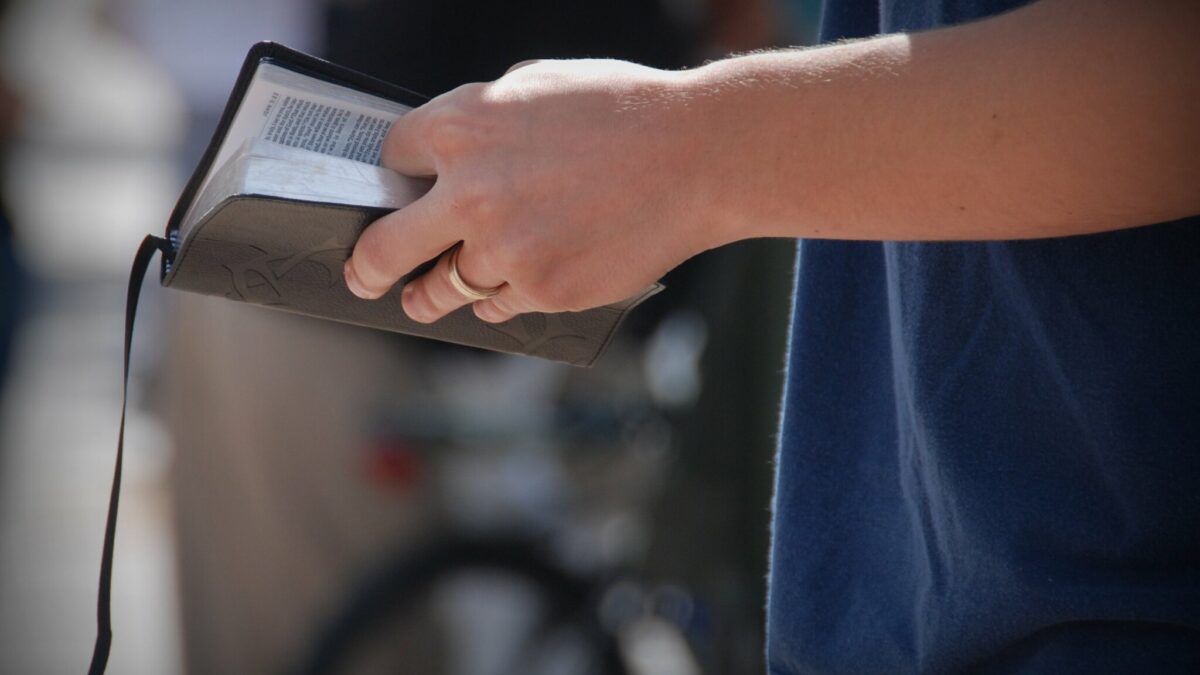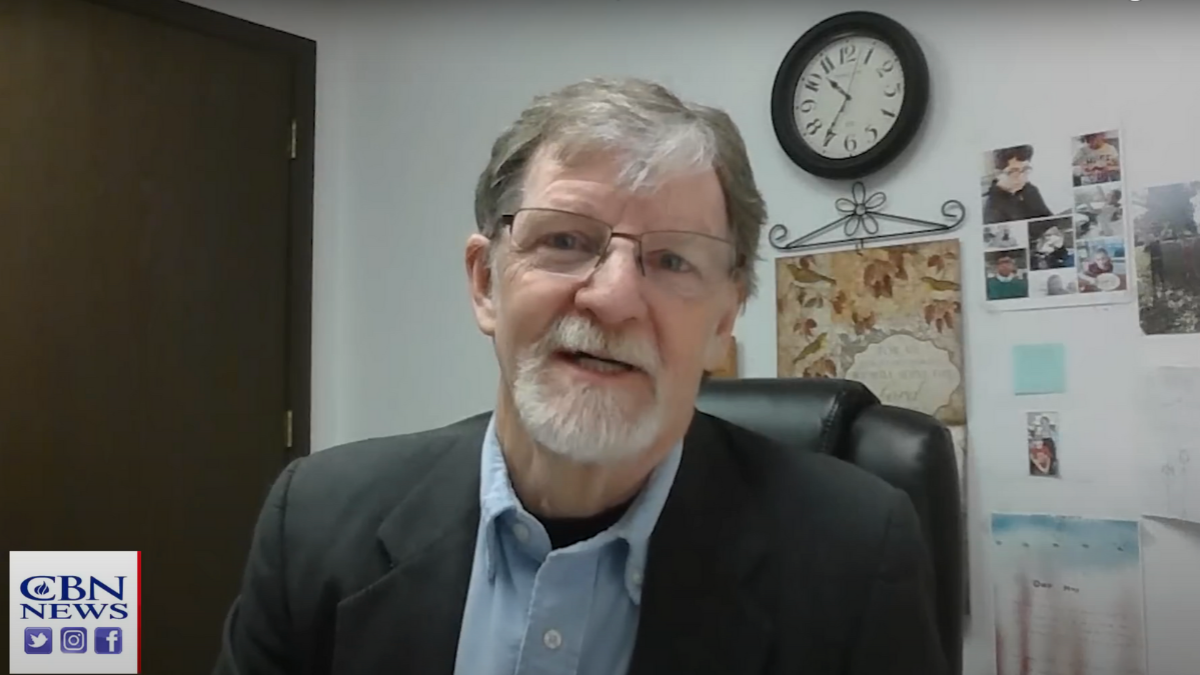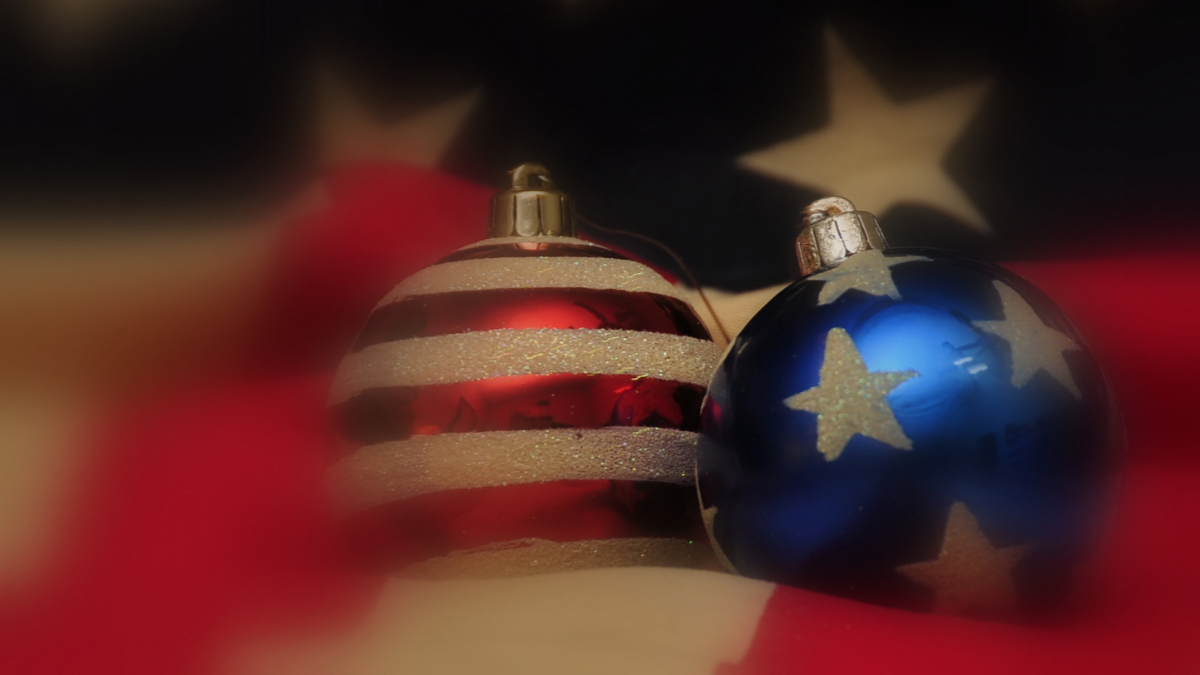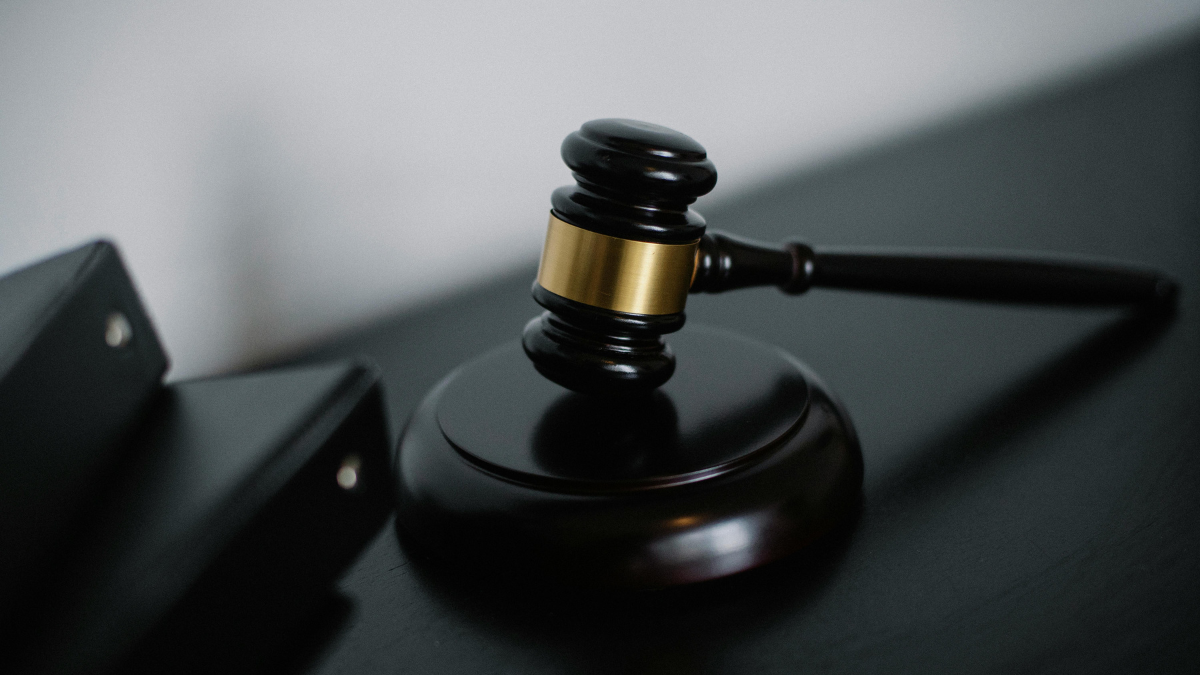President Trump signed an executive order Tuesday reaffirming the United States’ support for religious freedom abroad, authorizing Secretary of State Mike Pompeo and Secretary of the Treasury Steven Mnuchin to consider employing sanctions or other economic tools to promote religious freedom in countries where religious dissent is silenced.
The order budgeted $50 million annually for programs such as those that would “anticipate, prevent, and respond to attacks against individuals and groups on the basis of their religion,” or “promote accountability for the perpetrators of such attacks.” A senior administration official told reporters during a briefing Tuesday that this provision was prompted by “efforts in some places around the world to essentially extinguish very long-lasting and historic, but minority, faith communities.”
The executive order directs Secretary of State Mike Pompeo to oversee the development of “country-specific action plans for prioritizing religious freedom,” the official added. It also requires all overseas U.S. government personnel to receive international religious freedom training every three years.
Finally, the president’s order directs the State Department to recommend how “certain tools might be used to advance the administration’s international religious freedom agenda,” the administration official said. “Those tools include realigning foreign assistance, visa restrictions, and possibly even sanctions.”
Ahead of signing the executive order, the President and First Lady Melania Trump made a previously scheduled visit Tuesday to the shrine of St. John Paul II, a renowned advocate for religious liberty around the world.
The order comes at an interesting moment after China’s National People’s Congress voted to draft a national security law that some fear will damage religious freedoms in Hong Kong. Since the end of British rule in 1997, Hong Kong has been governed by a Basic Law which provides some autonomy from the Chinese government and protects certain basic freedoms which are not protected in mainland China. But the new law, championed under the banner of “national security,” not only condemns seditious behavior but enables Chinese officials “to fulfill relevant duties to safeguard national security in accordance with the law” in Hong Kong.
It is no secret that the Chinese government has used claims of national security and national allegiance to motivate horrific crimes against religious minorities such as Christians and Muslims. The U.S. State Department’s 2018 Report on International Religious Freedom noted that “Since 1999, China has been designated as a ‘Country of Particular Concern’ (CPC) under the International Religious Freedom Act of 1998 for having engaged in or tolerated particularly severe violations of religious freedom.”
Meanwhile, U.S. Senators Chris Van Hollen, D-Md., and Pat Toomey, R-Pa., are drafting a bill to impose sanctions on those in the Chinese government who carry out the new national security legislation.
The White House did not respond to request for specific comments on the Hong Kong situation.
